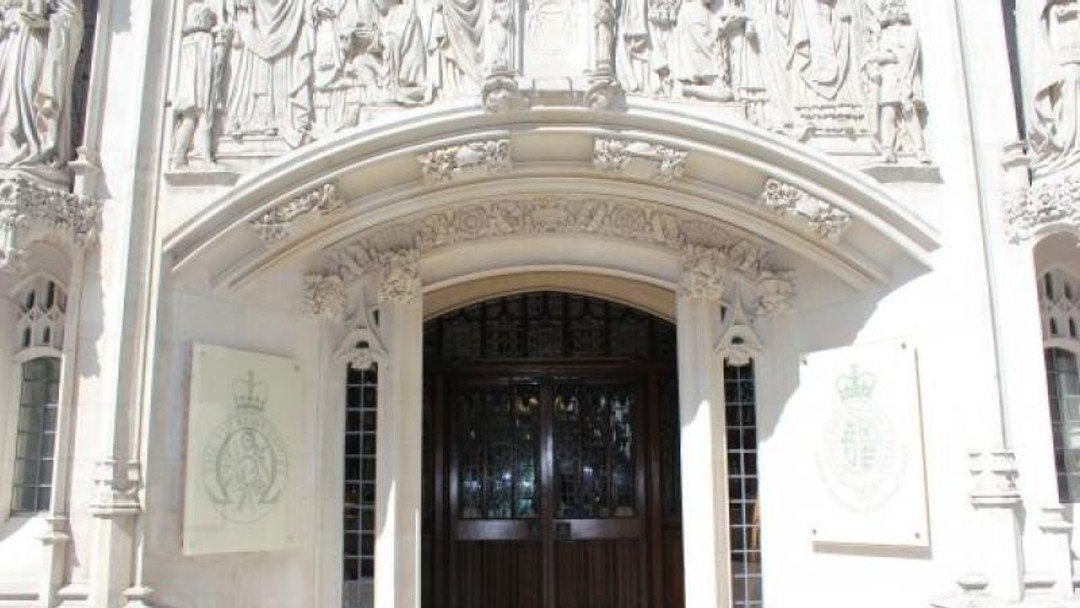Supreme Court to consider tribunal fees and legal aid residence test

Unison and the Public Law Project get another chance to argue against controversial reforms
The Supreme Court is to hear two appeals against government reforms largely believed to have negatively affected access to justice.
The UK's highest court has granted permission for Unison to appeal a Court of Appeal decision that dismissed the union's judicial review of the government's employment tribunal fees regime.
The appeal court dismissed the union's third attempt to challenge the regime after finding there was insufficient evidence of claimants' inability to afford the contentious fees.
Giving judgment, Lord Justice Underhill said that while he was 'troubled' by the substantial fall in tribunal claims, he found 'the case based on the overall decline in claims cannot succeed by itself'.
'It needs to be accompanied by evidence of the actual affordability of fees in the financial circumstances of typical individuals,' he added.
Unison's evidence showed a 91 per cent drop in sex discrimination claims, and an overall drop in claims of 80 per cent.
At an earlier appeal, the High Court described the fall in the number of claims as 'striking' with Lord Justice Elias anticipating that some workers would have insufficient funds to bring claims.
The Supreme Court is to consider whether the lower court erred in its approach to indirect discrimination and in concluding that the fees order was not indirectly discriminatory.
Statistics from the Ministry of Justice (MoJ) published last year showed that employment tribunal claims had fallen by over 60 per cent in the two years since the fees regime was introduced.
Legal aid residence test
The Supreme Court will also hear an appeal from the Public Law Project on whether the government's residence test for legal aid is 'unjustifiably discriminatory'.
Last year, the Court of Appeal held that the test restricting eligibility to most forms of civil legal aid was lawful.
The appeal ruling reversed a judgment from a specially-convened three-judge Divisional Court that the then Lord Chancellor, Chris Grayling, had exceeded his powers when devising the test and that it discriminated against 'foreigners' without justification.
The Court of Appeal found that ministers may use secondary legislation to withhold legal aid from particular groups of people on cost-saving grounds alone, regardless of need.
The Public Law Project is represented by barristers Michael Fordham QC, Ben Jaffey, Naina Patel, and Alison Pickup, and solicitor John Halford of Bindmans.
'The Supreme Court has rightly recognised this as a case of paramount public important because the residence test would, if implemented, deny legal aid for the sole reason that those seeking it are not, what the minister responsible described as "our people" because they live abroad or have come here recently,' said Halford.
'If that were right, it would be a mortal blow to equality before the law. But it is not right. We expect the Court to say so and allow this important appeal.'
